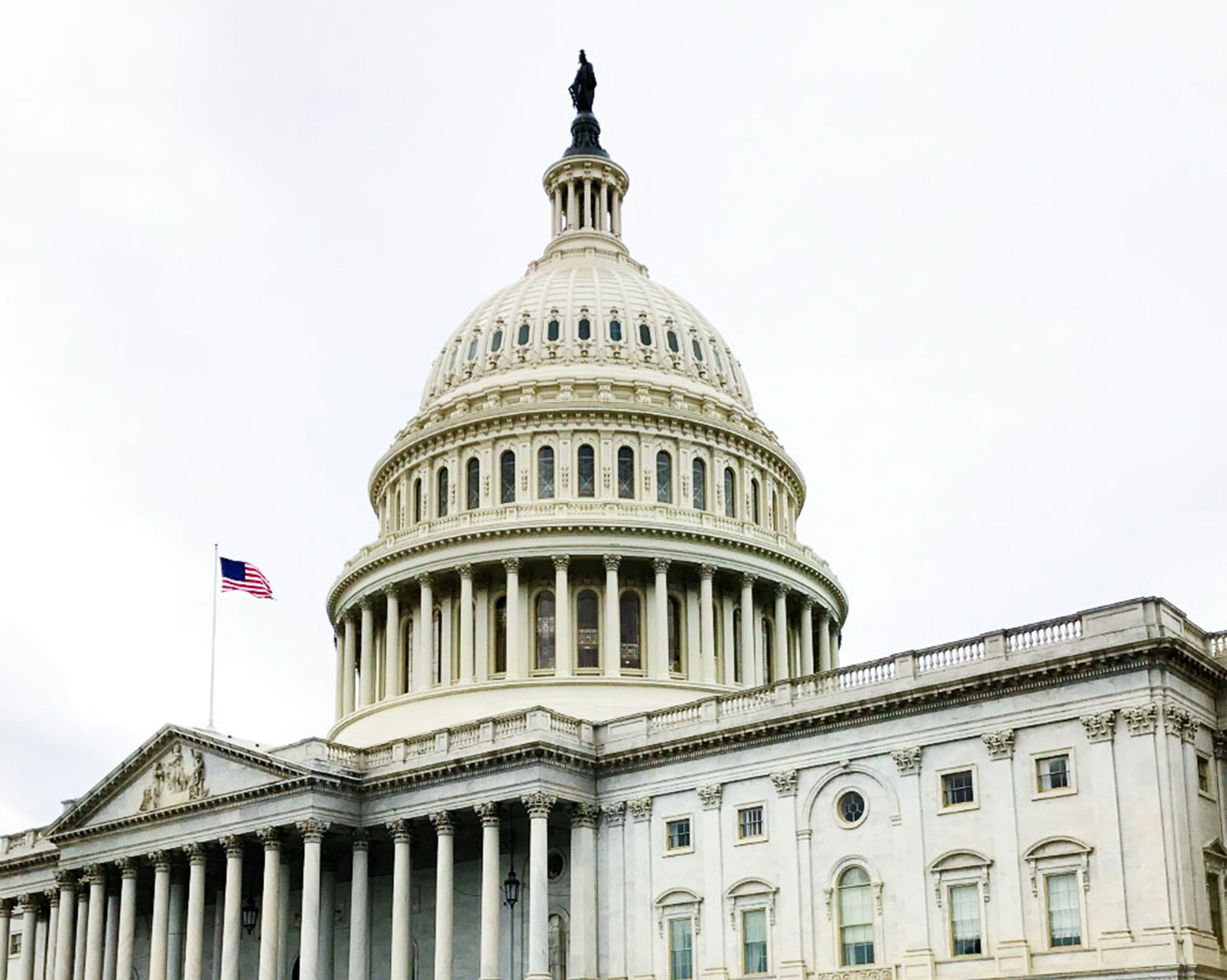
OSHA RELEASES EMERGENCY COVID-19 VACCINATION STANDARD
- Breaking News
On November 4th, the Occupational Health and Safety Administration (OSHA) released its much-anticipated Emergency Temporary Standard (ETS) on COVID-19 vaccinations for large employers. The policy requirements take effect December 5th, and the vaccination requirements must be fully implemented by January 4th. Here’s the skinny:
WHO IS COVERED?
The ETS covers all private employers with 100 or more employees but excludes healthcare employers covered by the earlier ETS issued in July and federal contractors covered by the Executive Order issued back in September. The ETS also does not apply to employees who don’t work around other employees or customers, who work from home or work exclusively outdoors.
WHAT DOES THE ETS REQUIRE?
Employers must adopt a written mandatory vaccination policy which requires all employees to be fully vaccinated – except those who cannot take the vaccine for medical reasons or because of a sincerely held religious belief. The policy may offer employees the option of being fully vaccinated or providing proof of regular testing for COVID-19 and wearing a face covering while at work. OSHA provides sample vaccination and testing policies on its website.
WHAT IS ACCEPTABLE PROOF OF VACCINATION?
To comply with the ETS, employers must require – and maintain records of – one of the following types of proof of vaccination:
- An immunization record from a healthcare provider
- A COVID-19 vaccination card
- Medical records documenting vaccination
- Medical records from a public health immunization information system
- Other official documentation that specifies the type of vaccine administered, the dates administered, and the name of the health care provider
If the employee cannot produce one of these types of proof, the employee may offer a sworn, signed statement that they are vaccinated and that they cannot provide the required documentation. The sworn statement should include the type of vaccination, the dates and the identity of the healthcare professional or clinic administering the vaccine.
WHAT RECORDS MUST BE KEPT?
As noted above, you must maintain copies of the employee’s proof of vaccination and also maintain a roster of each employee’s vaccination status. Both are considered medical records and must be kept confidential.
DO YOU HAVE TO ALLOW TIME OFF?
An employer must allow reasonable time off (up to 4 hours) for the employee to obtain a vaccination and must provide paid sick leave for an employee to recover from the side effects following vaccination. An employer is not required to provide paid leave for an employee who tests positive for COVID-19.
WHAT ARE THE TESTING REQUIREMENTS FOR UNVACCINATED EMPLOYEES?
If an employee opts for testing in lieu of vaccination, employees who work at least one day every week must be tested once a week and must provide documentation of the test result within seven days of their last test result. Employees who do not work every week must be tested within seven days prior to their return to work. The employer must maintain records of all tests results, treating them as confidential medical records. If an employee tests positive for COVID-19, the employer must not require further testing for 90 days.
WHAT TESTS ARE ACCEPTABLE?
To satisfy the testing exception, the COVID-19 test must be one approved by the FDA. Self-administered and self-read tests (such as a self-read home test) are not acceptable.
WHO PAYS FOR TESTING?
An employer is not required by the ETS to pay for the weekly testing. It may, however, be required to pay under the terms of a Collective Bargaining Agreement with a union. In addition, the testing costs may also have implications under the minimum wage requirements of state and federal wage and hour laws – which is a very murky question at this point.
WHAT IF AN EMPLOYEE DOES NOT PROVIDE THE REQUIRED TEST RESULTS?
An unvaccinated employee who does not provide the required weekly test results must be removed from the workplace until they do so.
WHAT HAPPENS WHEN AN EMPLOYEE TESTS POSITIVE?
Employers must require employees to promptly report a positive test or diagnosis of COVID-19 and must immediately remove them from the workplace until the employee:
- Receives a negative NAAT test, which is the gold standard of testing and considered more accurate than the more common antigen (not antibody) testing;
- Meets the CDC’s return-to-work criteria; or
- Receives a return-to-work recommendation from a licensed healthcare provider.
ARE YOU REQUIRED TO PROVIDE PAID LEAVE TO AN EMPLOYEE WHO TESTS POSITIVE?
You are not required to provide paid leave for an employee removed because of a positive test or diagnosis, unless otherwise entitled under your company policy or state law. Any work-related COVID hospitalizations or fatalities must be reported to OSHA under its expedited reporting requirements.
WHEN ARE FACE COVERINGS REQUIRED?
An unvaccinated employee must wear a face covering (covering both nose and mouth) when working indoors or in a vehicle with another person, except when alone in an enclosed room, when eating or drinking, when necessary for security identification or when infeasible because of the nature of the work or hazards created by the face covering. An employer is not responsible for paying the costs of face coverings but must ensure that they are worn properly and replaced when soiled or damaged. An employer cannot prohibit customers or visitors from wearing face coverings.
WHAT INFORMATION MUST BE PROVIDED TO EMPLOYEES?
You must inform employees of the requirements of the ETS and the employer’s related policies, information on vaccine efficacy, and that retaliation is prohibited for reporting work-related injuries or illnesses or reporting safety concerns.
WHAT’S NEXT?
We expect legal challenges to the ETS by industry groups and some states, but the timing and outcome of those challenges is extremely uncertain. Given the short lead time for compliance, employers should prepare now for the December 5th deadline.
If you have any questions, please contact Al Vreeland at avreeland@lehrmiddlebrooks.com or Whitney Brown at wbrown@lehrmiddlebrooks.com.





